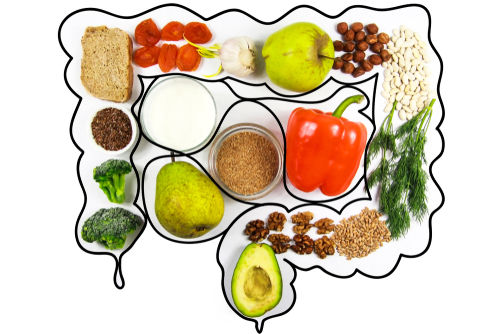What You Should Know About Magnesium and Vitamin B12
- jocelyn9918
- Feb 13, 2020
- 2 min read
Updated: May 12, 2020

There are so many vitamins and minerals on the shelves these days, it leaves me with a bit of apprehension and confusion. Do I need to be taking vitamins? I just had my yearly blood tests done and my doctor told me I was extremely low in B12 and magnesium. How does this happen? I obviously do not have a well balanced diet! I juice everyday and I thought that should give me all the vitamins and minerals my body would need. But, it seems I'm not eating foods that contain B12 and magnesium.
The best sources of vitamin B12 include: eggs, milk, cheese, milk products, meat, fish, shellfish and poultry.
The best sources of magnesium are pumpkin seeds, spinach, Swiss chard, soybeans, sesame seeds, halibut, black beans, sunflower seeds and almonds.
Your body needs magnesium for many tasks. It’s involved in more than 300 chemical reactions in the body. Muscles need this mineral to contract, and nerves need it to send and receive messages. It keeps your heart beating steadily and your immune system strong. Magnesium supplements are sometimes marketed as super pills that can fix a long list of ailments such as muscle tension, low energy, and trouble sleeping. For people who have trouble absorbing magnesium from food — such as those with celiac disease, kidney problems, alcoholism, or chronic digestive problems, supplements can be useful.
Your body needs B12, as it plays a wide variety of roles in our metabolism and is essential for the manufacture of red blood cells; a deficiency leads to a characteristic kind of anemia. It supports the normal function of nerve cells, and to manufacture myelin, the insulating material that surrounds some of our nerve cells and speeds neural transmission. Vitamin B12 is also required for the replication of DNA. When B12 is deficient, our DNA cannot replicate normally – meaning we can’t generate new, healthy cells. As a result, vitamin B12 deficiency can mimic all of the effects of aging.
Before you run out and purchase Magnesium or B12, make sure you ask your doctor for a blood test; that way, you will be sure if your body requires these vitamins.
Author: Kathryn Hartwell









Comments